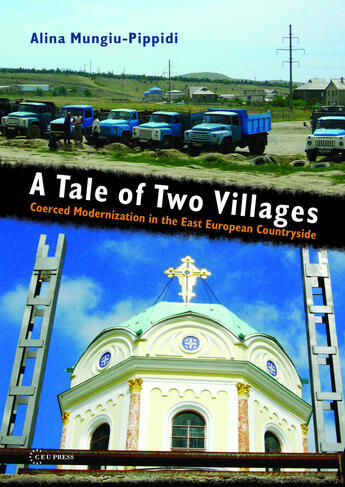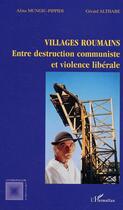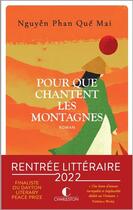Résumé:
This dramatic story of land and power from twentieth-century Eastern Europe is set in two extraordinary villages: a rebel village, where peasants fought the advent of Communism and became its first martyrs, and a model village turned forcibly into a town, Dictator Ceausescu´s birthplace. The two... Voir plus
This dramatic story of land and power from twentieth-century Eastern Europe is set in two extraordinary villages: a rebel village, where peasants fought the advent of Communism and became its first martyrs, and a model village turned forcibly into a town, Dictator Ceausescu´s birthplace. The two villages capture among themselves nearly a century of dramatic transformation and social engineering, ending up with their charged heritage in the present European Union. "One of Romania´s foremost social critics, Alina Mungiu-Pippidi offers a valuable look at several decades of policy that marginalized that country´s rural population, from the 1918 land reform to the post-1989 property restitution. Illustrating her arguments with a close comparison of two contrasting villages, she describes the actions of a long series of "predatory elites," from feudal landowners through the Communist Party through post-communist leaders, all of whom maintained the rural population´s dependency. A forceful concluding chapter shows that its prospects for improvement are scarcely better within the EU. Romania´s villagers have an eminent and spirited advocate in the author."
Donner votre avis

















